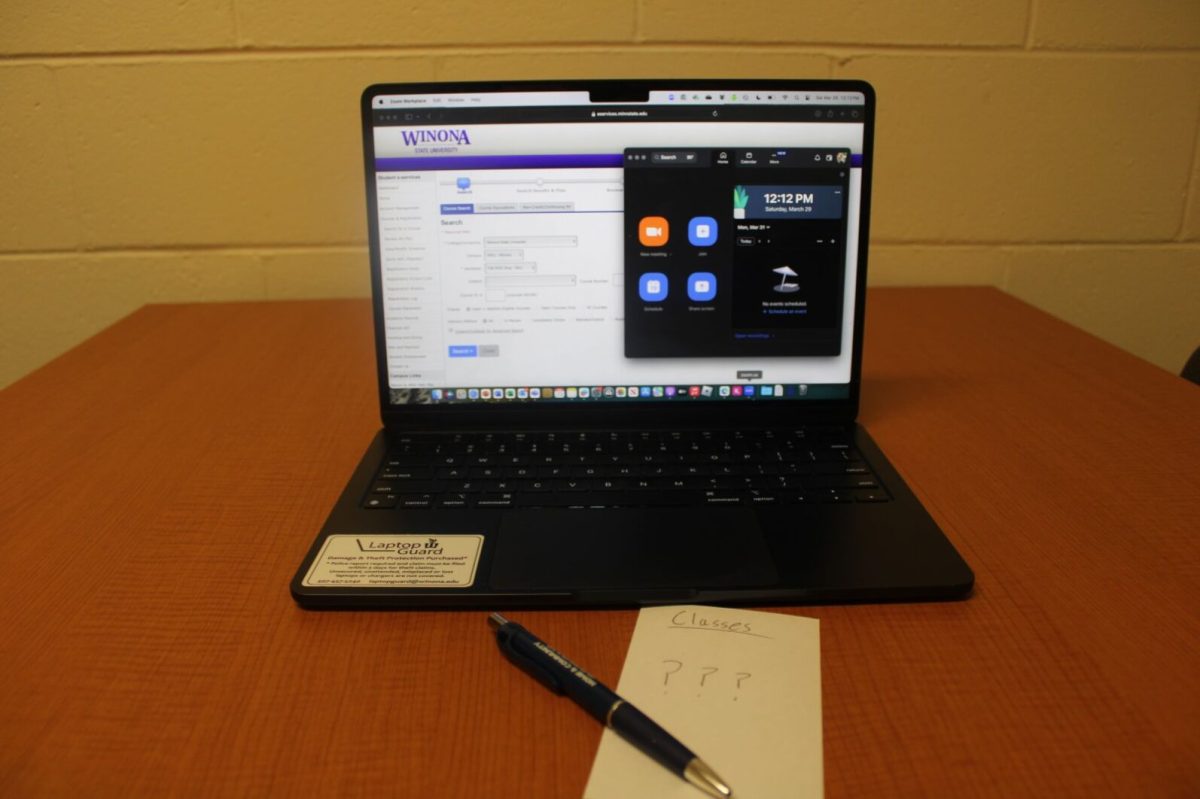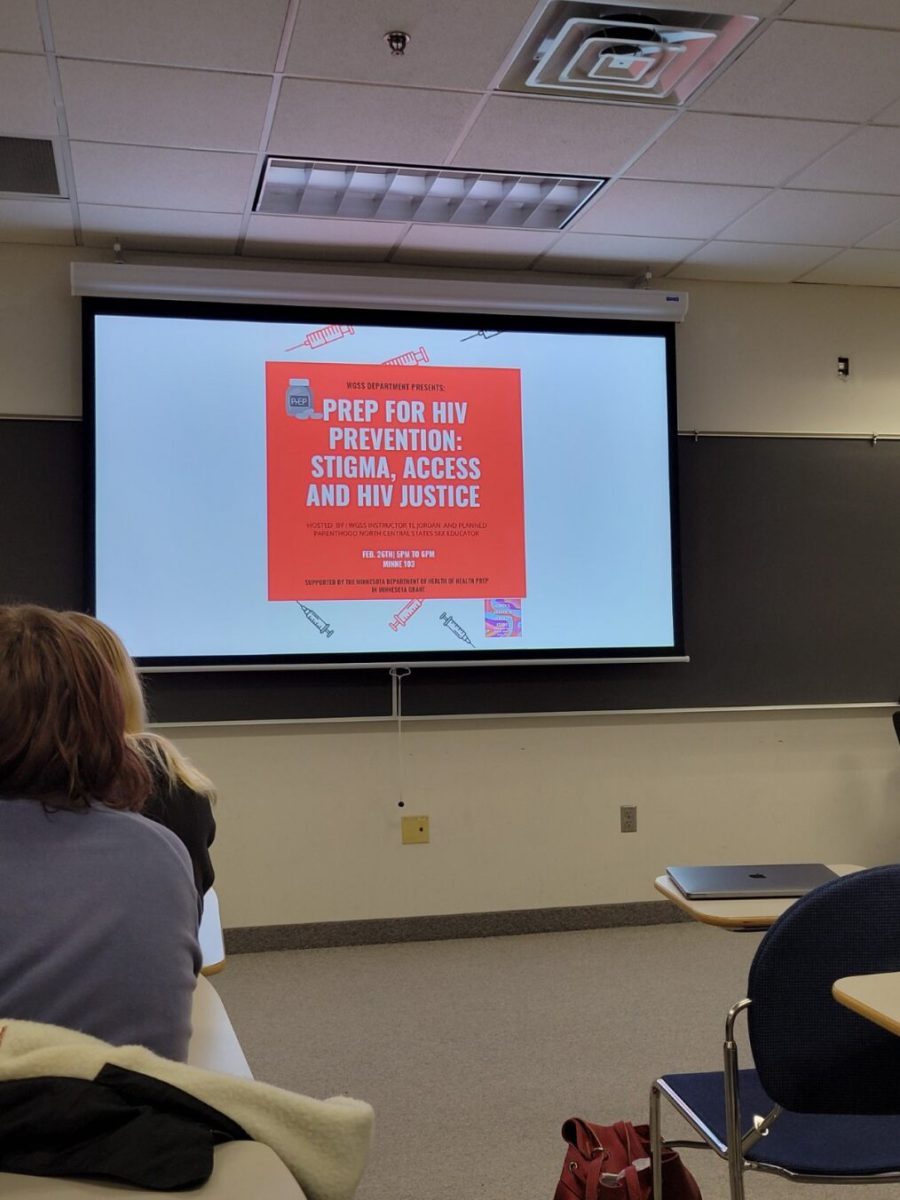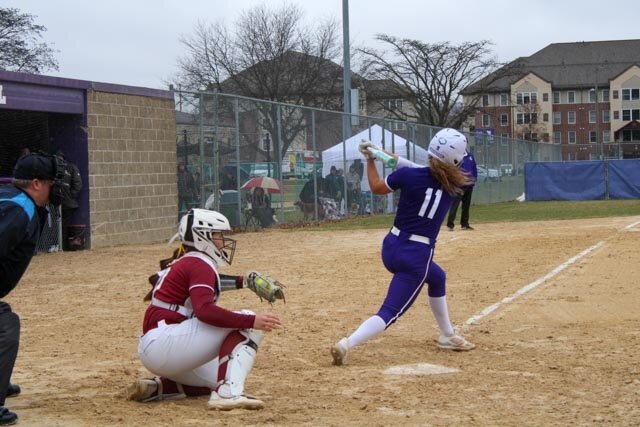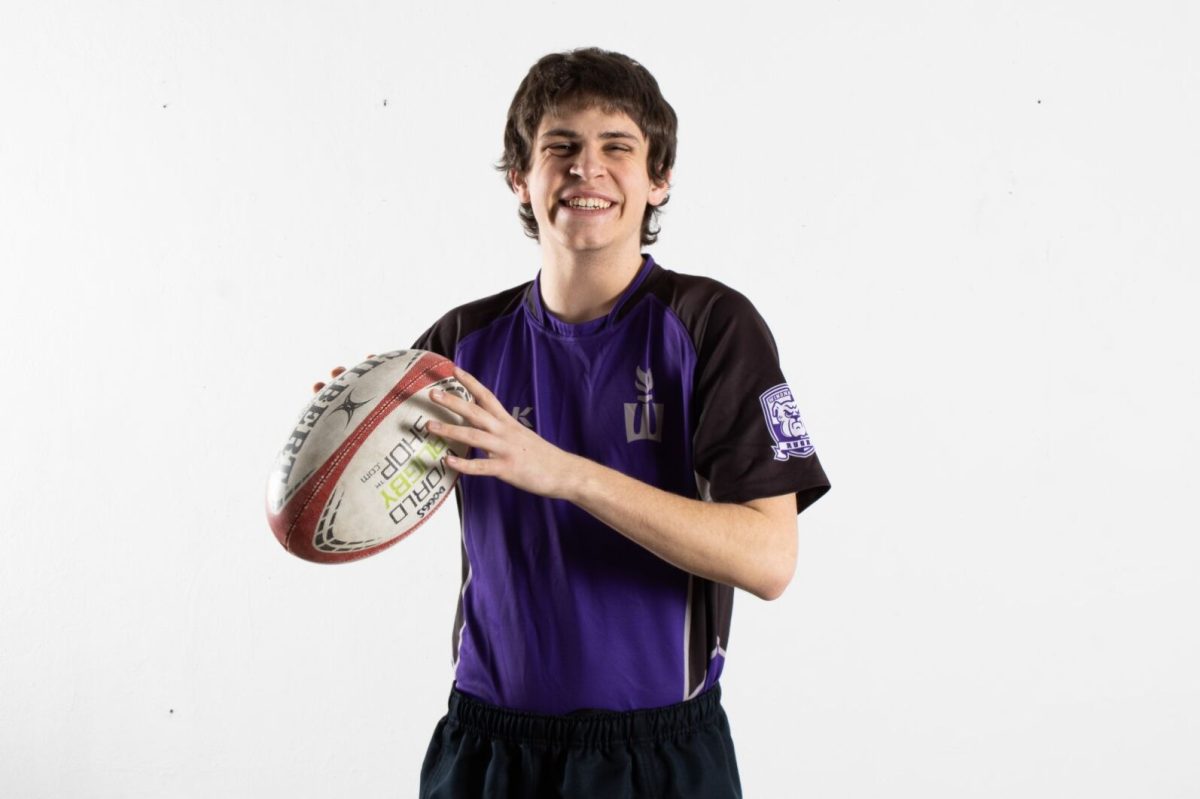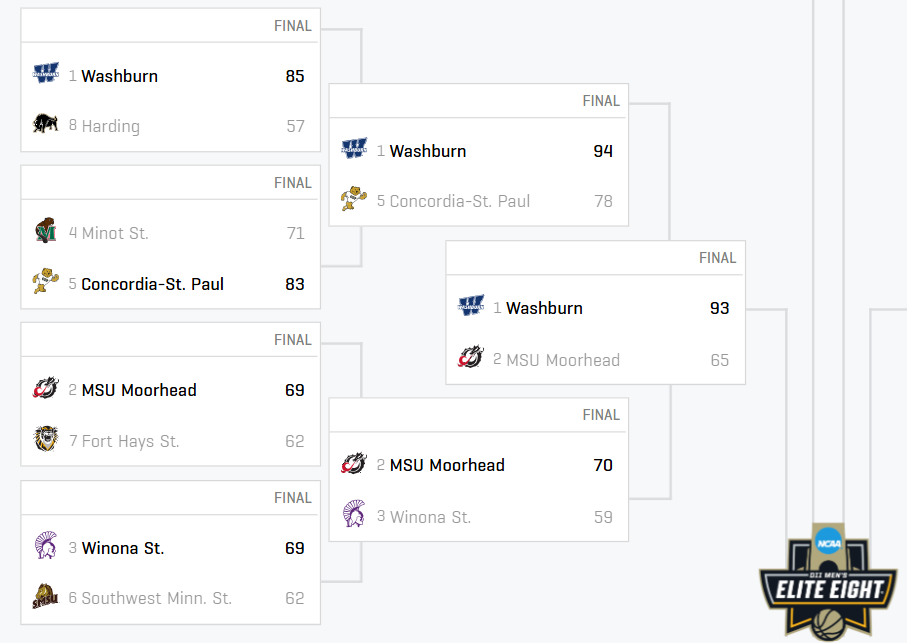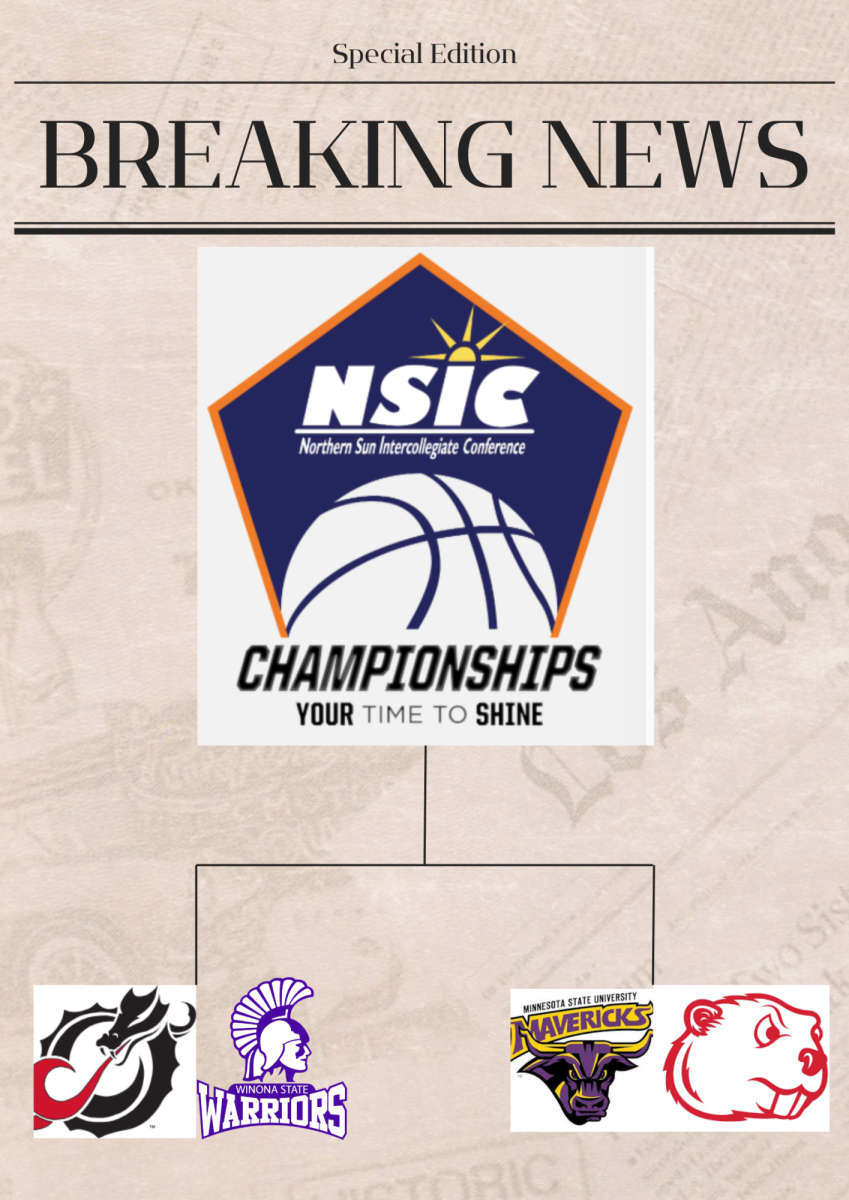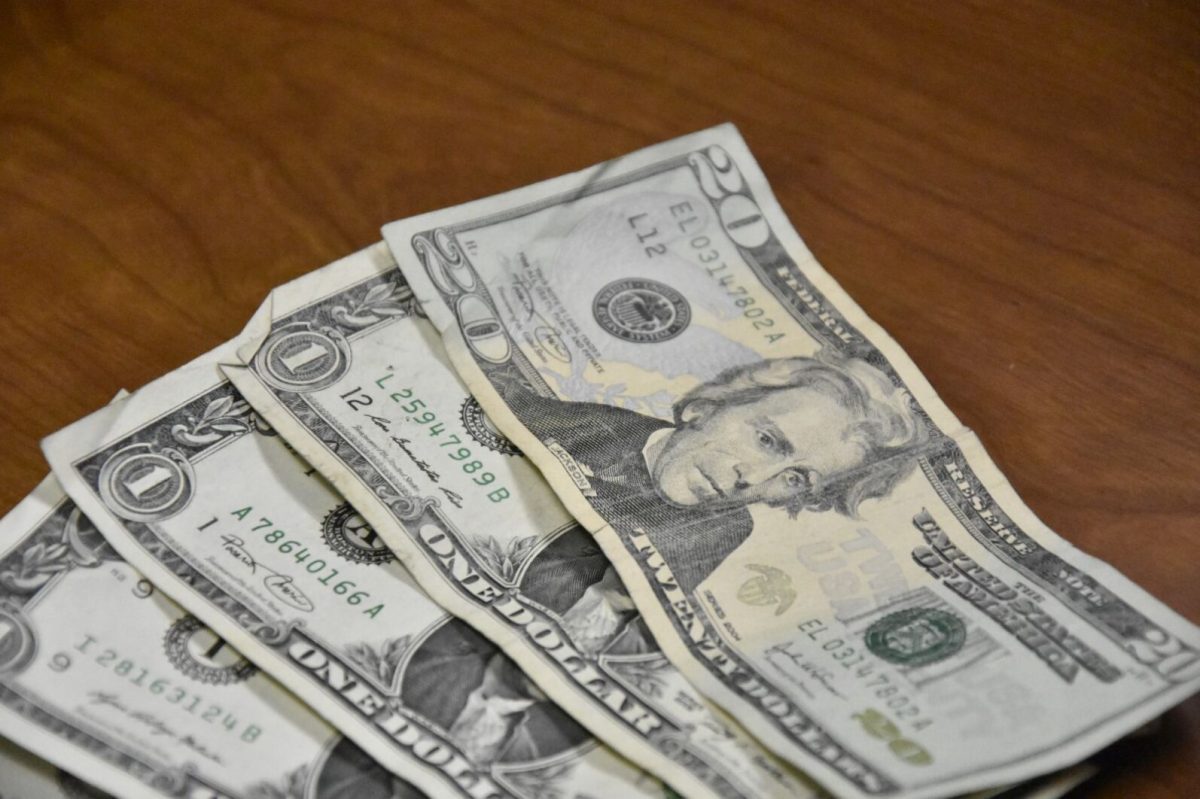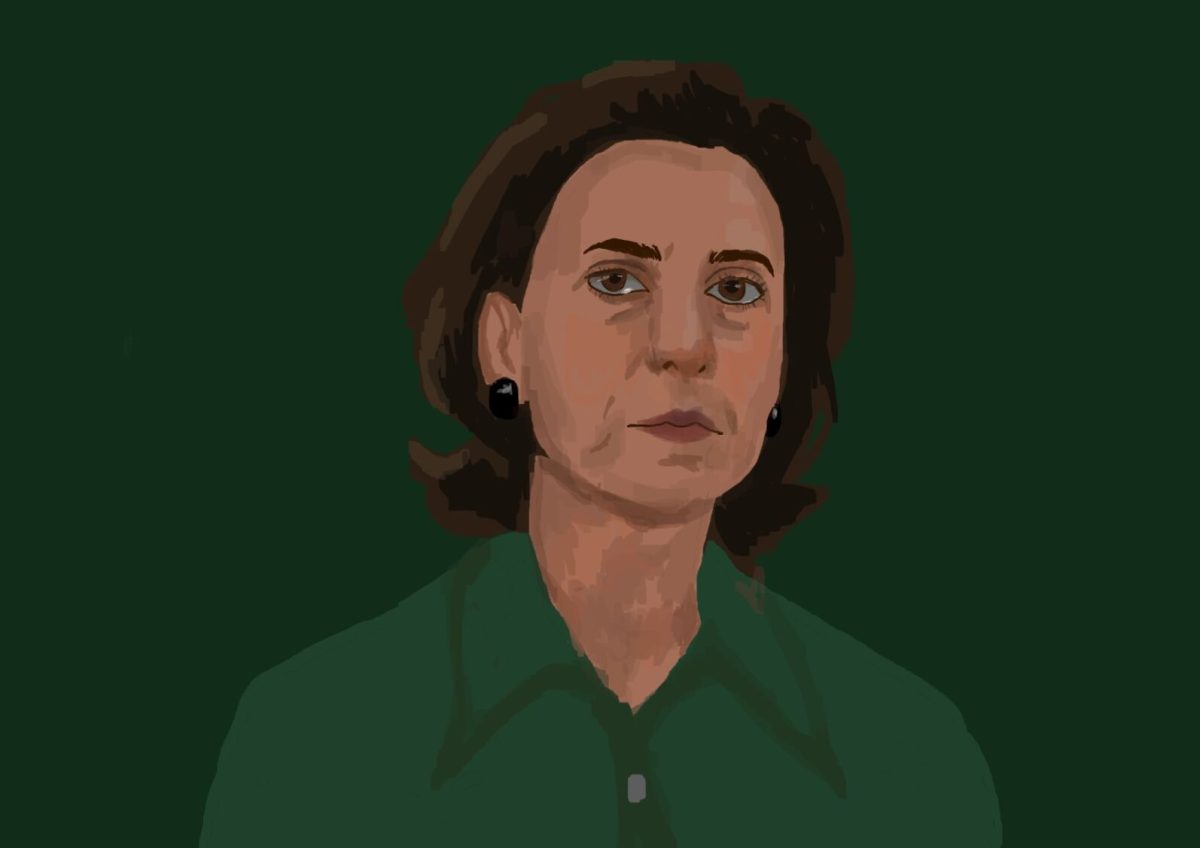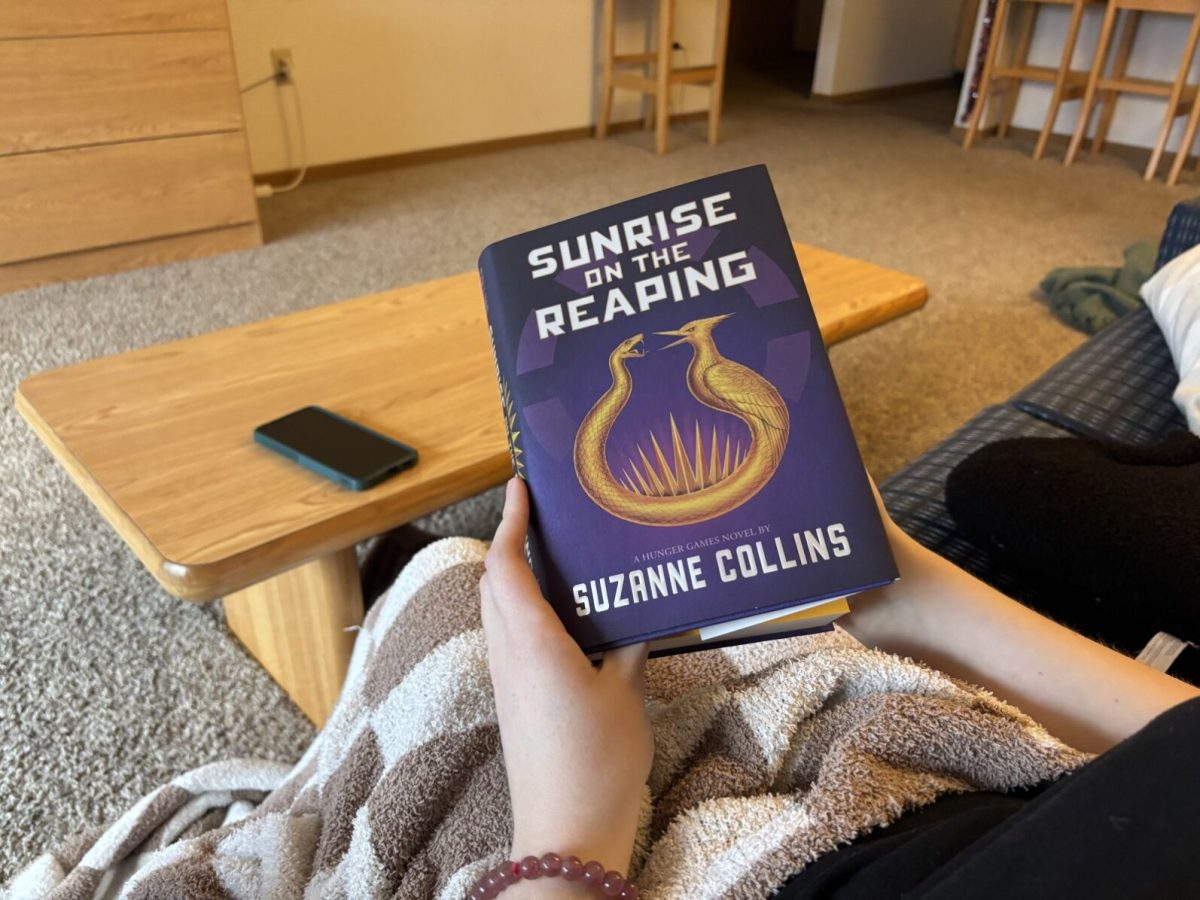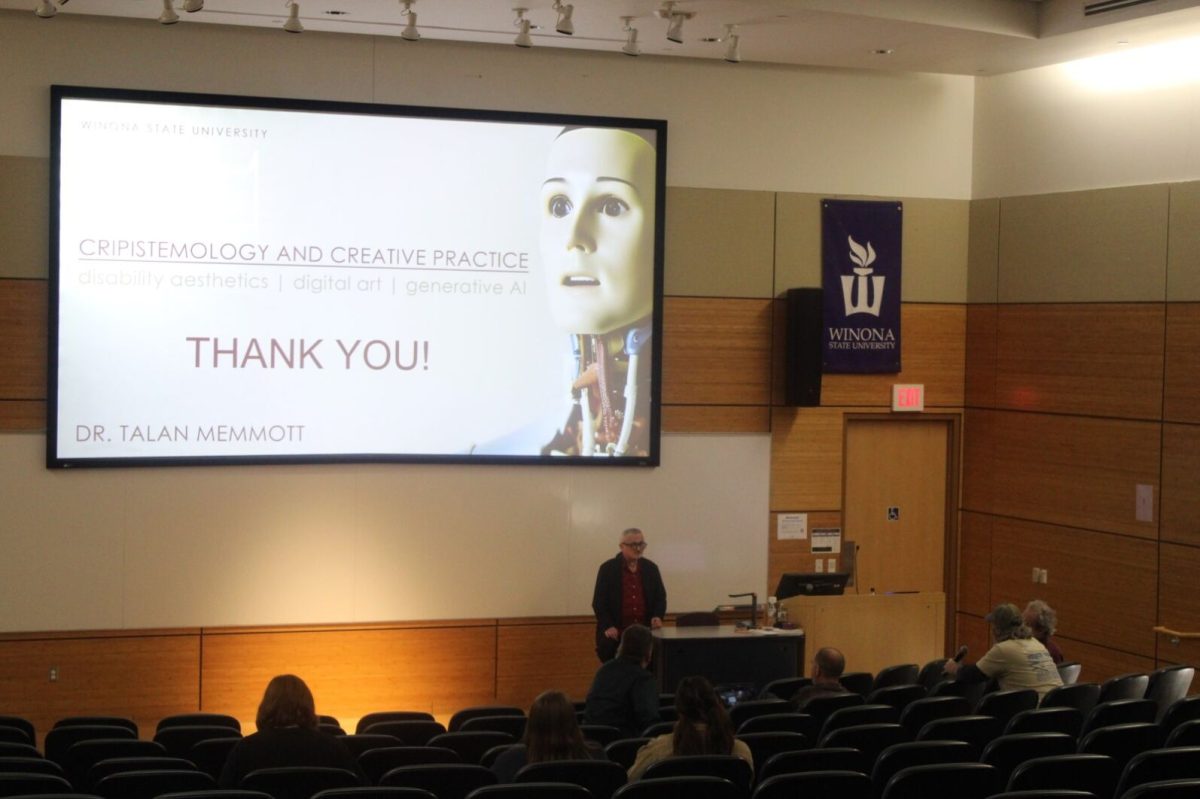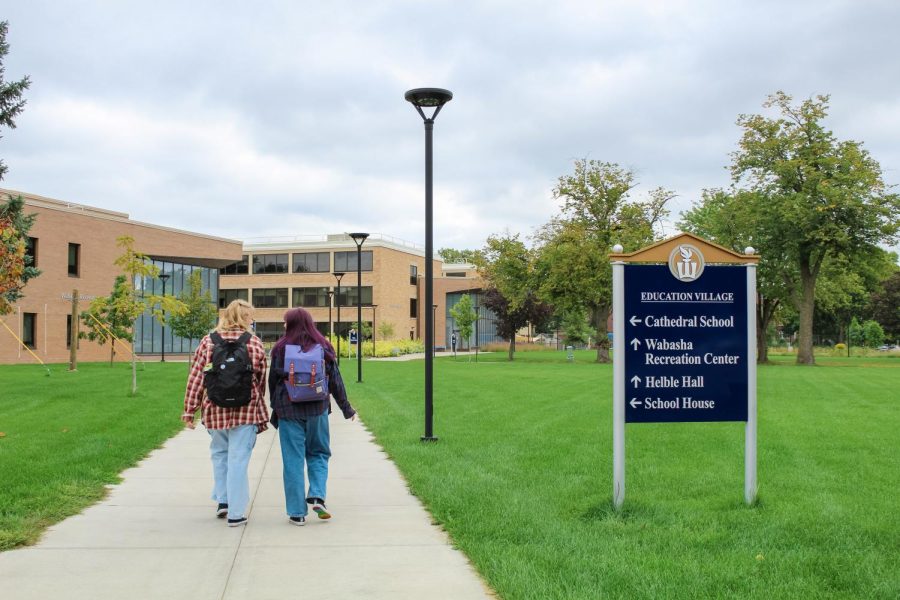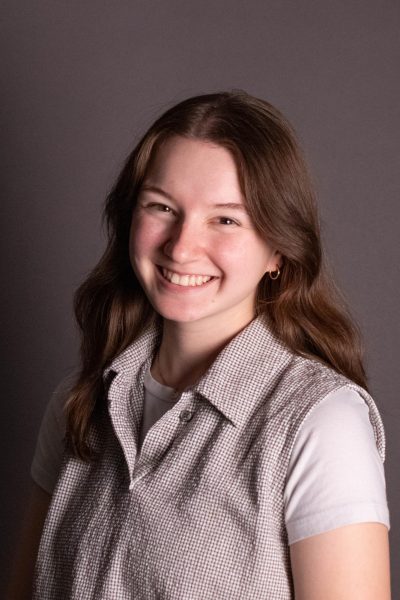Education students to remake “alternative hours”
Education students are upset and demand that these alternative hours be valid toward requirement through the proper paperwork being submitted to the Minnesota State system. Many students are also concerned regarding the future of the education department.
September 21, 2022
Over two and a half years after the pandemic, the impacts of COVID-19 are still being felt and experienced by college students everywhere. Education students, who are required to get at least 100 hours of field experience before student teaching, are especially feeling the consequences of those “unforeseen circumstances.”
When COVID was in full force in the Spring and Fall of 2020, public schools did not allow visitors, including Winona State University education students. Because of this, education students were allowed to use “alternative hours” to make up for this missed time. However, because of a lack of required paperwork, some students are being told these “alternative hours” were never properly logged and will have to be made up before student teaching in the spring or by the end of the semester.
Cheyenne Halberg, a communication arts and literature teaching major, expressed her concern regarding this issue, which is costing many education students a lot of stress and time. Halberg also explained that primarily secondary teaching majors in specific courses are dealing with this problem.
“My concern is that many secondary education students who took Dr. Redman’s and Dr. Walker’s mandatory courses will not have enough time to make-up these hours before their student teaching, which would delay their graduation, resulting in hundreds of dollars’ worth of course-retakes,” Halberg said.
The invalidity of the “alternative hours” was not discovered by education students until their interviews for student-teaching placement. These alternative hours range anywhere from five hours to up to 32 hours that need to be completed for the end of the semester.
The lack of the alternative hours could potentially mean pushing back student-teaching and thus graduation for several students. The alternative hours were affiliated with courses at Winona State that guarantee field experience, which are taken by students sometimes solely because of this field experience and may have to be retaken if the alternative hours remain invalid.
This issue of alternative hours is not the only problem that education majors have faced in the last couple of years, either. Halberg also explained that specifically secondary education majors have struggled with a lack of clarity regarding field experience in the past not regarding this specific issue.
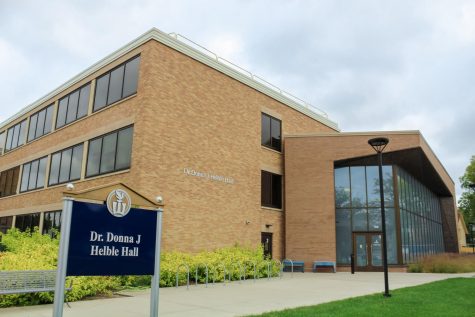
“Secondary English education majors, like myself, have taken courses post-COVID-19 with the assurance of field experience placements and hours, only to be forced to find our own placements and hours,” Halberg said.
The future of the education department is of concern for many education majors. Grace Guertin, also a communication arts and literature teaching major, spoke on her concern for the department considering the recent circumstances.
“I’m terrified about the future of the education program here at Winona State because of the lack of respect for the education majors right now,” Guertin stated. “Education majors will not want to come to WSU if this program falls apart.”
Education students are hoping that the correct forms will be submitted to the State of Minnesota in order for the assured “alternative hours” count toward graduation and student teaching. They are also hoping to send out a petition to student teaching students to try and get the alternative hours to count.


